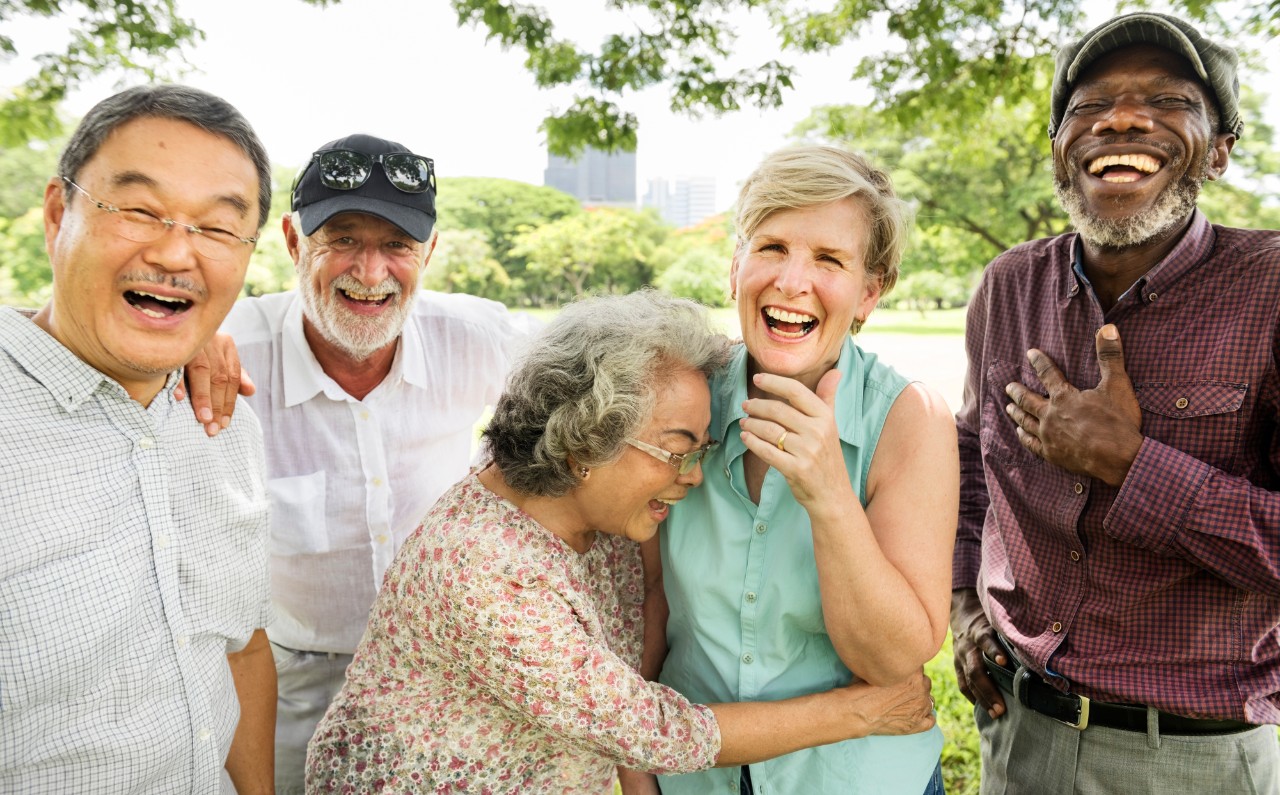Diversity
Click the topics below to find links to resources to support your cultural development.

Each of us is a dynamic and fluid being made up of so much more than just our genetics. We have a life-time of experiences and interactions that mold our world views and influence how we present ourselves. When discussing diversity we want to acknowledge the complexity of human existence, honoring the nuances of each individual.
Diversity is recognized as more than race and ethnicity. It includes the sociocultural experiences of people inclusive of, but not limited to, national origin, color, social class, religious and spiritual beliefs, immigration status, sexual orientation, gender identity or expression, age, marital status, and physical or mental disabilities (NASW, 2015).
We are also influenced by the systems in which we function, large and small. Culture has been described as the embodiment of a worldview through learned and transmitted beliefs, values, and practices, including religious and spiritual traditions. It also encompasses a way of living informed by the historical, economic, ecological, and political forces on a group (APA, 2017).
Intersectionality has been introduced as a method of understanding both the complexity of the individual as well as the systemic influences impacting them. Many people experience multiple identities correlated with active oppression. Several activists have focused on those who find themselves at the intersections of gender/class/race, however, this concept has been expanded to acknowledge even more populations experiencing exclusion, including gender expression, nationality, and those with varying mental and physical ability, to name a few (Collins & Bilge, 2016; Howard & Renfrow, 2014).
In an attempt to promote, accept, celebrate, and integrate cultural differences, Optum Idaho is dedicated to multiculturalism and the education required in expanding these critical concepts and practices.